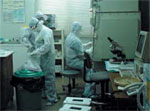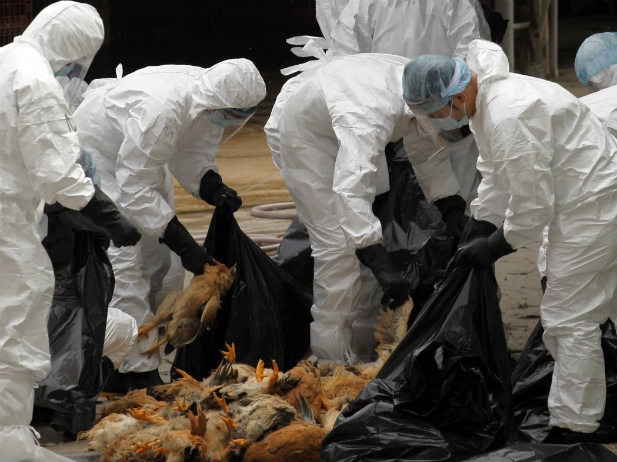
The Rise of A Deadly New Strain of Bird Flu: Has China Handled This Properly So Far?
Yanzhong Huang, Editor Senior Fellow for Global Health, Council on Foreign Relations This is a cross-post with CFR’s Asia Unbound Blog. China has long been perceived as the epicenter of major infectious disease outbreaks. The 2003 SARS crisis was the most recent...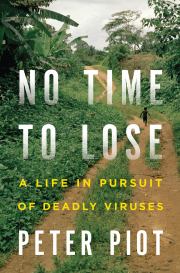
Peter Piot’s Memoir on Infectious Disease – Joshua Busby
Peter Piot’s Memoir on Infectious Disease Joshua Busby, Contributing Blogger Assistant Professor of Public Affairs, University of Texas at Austin This is a cross-post with Joshua Busby’s blog on “The Duck of Minerva.” I just finished reading Peter Piot’s...
The WHO Meeting on Controversial H5N1 Research: What Happened, and What Does It Mean?- David Fidler
The WHO Meeting on Controversial H5N1 Research: What Happened, and What Does It Mean? David P. Fidler, GHG Contributing Blogger James Louis Calamaras Professor of Law, Indiana University Maurer School of Law The conclusion of the much anticipated meeting at the World...
The WHO Meeting on Controversial H5N1 Research – David Fidler
The WHO Meeting on Controversial H5N1 Research: What Implications for Global Health Governance? David P. Fidler, Contributing GHG Blogger James Louis Calamaras Professor of Law, Indiana University Maurer School of Law The World Health Organization (WHO) is hosting a...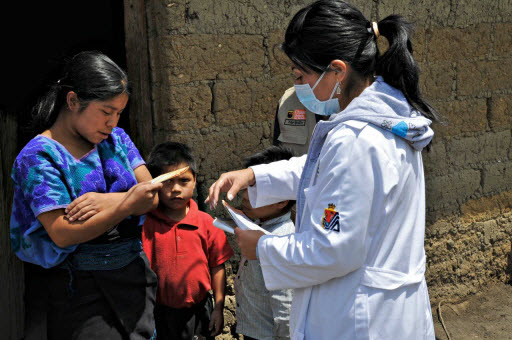
Global Health Security: Closing the Gaps in Responding to Infectious Disease Emergencies
Rising concerns about the human, political, and economic costs of emerging infectious disease threats and deliberate epidemics have highlighted the important connection between global public health and security. This realization has led security communities, particularly in the U.S., to seek ways to bolster the international health response to public health emergencies as a means of protecting national security. While there have been important recent efforts to strengthen international response to infectious disease threats, there are areas that deserve more attention from both the health and security communities. In this article, we describe two important gaps in international frameworks that govern the response to global public health threats which can negatively affect the security of states: (1) despite attempts to strengthen international rules for responding to public health emergencies, there continues to be strong disincentives for states to report disease outbreaks; and (2) systems for detecting and responding to outbreaks of infectious diseases are hindered by a lack of standards of practice for sharing biological samples and specimens. To address these gaps in global governance of infectious disease threats, additional incentives are needed for states to report disease outbreaks to the international community; there should be greater enforcement of countries’ international health obligations; and both political and scientific communities should develop workable practice standards for sharing biological samples of all types.

The North American Plan for Avian and Pandemic Influenza: A Case Study of Regional Health Security in the 21st Century
The North American Plan for Avian and Pandemic Influenza: A Case Study of Regional Health Security in the 21st Century Donald Howard Avery In August 2007, the governments of Canada, Mexico and the United States established the North American Plan for Avian &...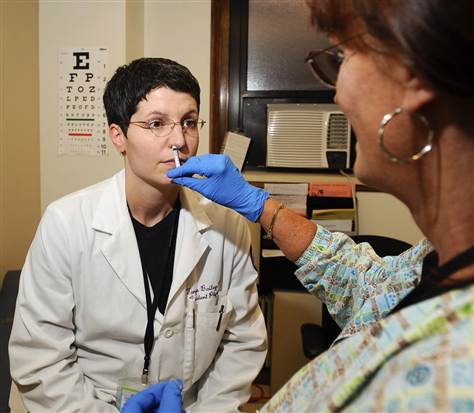
H1N1 Returns, Again: The Globalization, Re-Conceptualization and Vaccination of “Swine Flu”
H1N1 Returns, Again: The Globalization, Re-Conceptualization and Vaccination of “Swine Flu” James Ricci With the emergence of H1N1 in April 2009 and the subsequent declaration of a pandemic by the World Health Organization, infectious diseases have once again taken a...